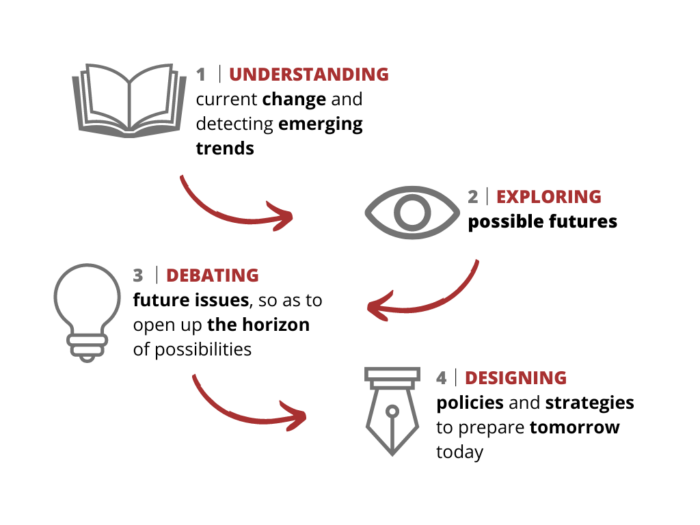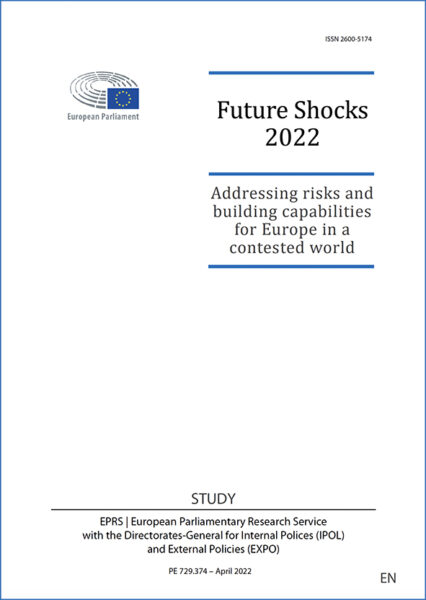Trust in other people, which underpins all social life, both public and private, is evolving in different ways in different European countries. These trends, assessed via the European Values Surveys between 1981 and 1999, have been studied by Olivier Galland, who presents his findings here.
He starts by identifying several factors that affect the level of trust: tolerance, permissiveness, altruism, social selectiveness and confidence in institutions. It appears from the initial research that the countries of Eastern Europe are the most selective, while the countries of Northern Europe are the most permissive and trusting. Although the sense of belonging to a community is similar from country to country, trust, selectiveness and permissiveness vary greatly. Two countries stand out: Ireland for its high moral standards and high level of social integration; and France, which is permissive with an exceptionally low level of trust.
Another observation is confirmed by the surveys: the relationship between the level of trust in a given country and the degree to which its inhabitants are active in voluntary organizations, although the correlation between trust and sociableness is not automatic. In France, for example, there is a low level of trust and little participation in voluntary organizations, but a lot of socializing with friends.
Then, having measured and ranked the amount of tolerance, altruism and social integration, Olivier Galland offers the following typology of Europeans: at the top of the social ranking are the “modern integrated” Northern Europeans, who are Protestant and with a strong civic sense; the “hyperpermissive” group, also in Northern Europe but in Austria and Spain as well, aged between 30 and 49, politically on the Left, postmaterialist and with no religious beliefs; the strong individualists, who are found in the Roman Catholic and Mediterranean lands, disproportionately in France, with their traditional values; the “integrated traditionalists” of Central and Southern Europe, who are elderly, from a rural background, deeply involved in family life, with strong religious beliefs and politically on the Right; lastly, the “poorly integrated traditionalists”, without strong political or religious views, such as many Italian entrepreneurs.
The author concludes that trust and permissiveness go together. Nevertheless he stresses that this openness is selective and may be combined, especially among young people, with a decline in social integration. The collapse of a religious underpinning for moral standards leaves people freer to choose their moral values, but also their allegiances and the company they keep.
Les dimensions de la confiance
Cet article fait partie de la revue Futuribles n° 277, juil.-août 2002

